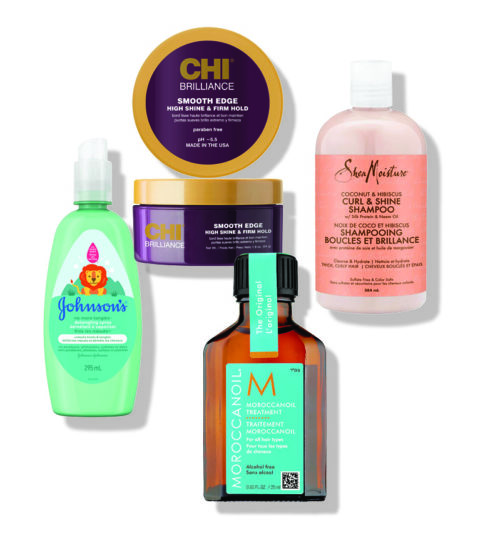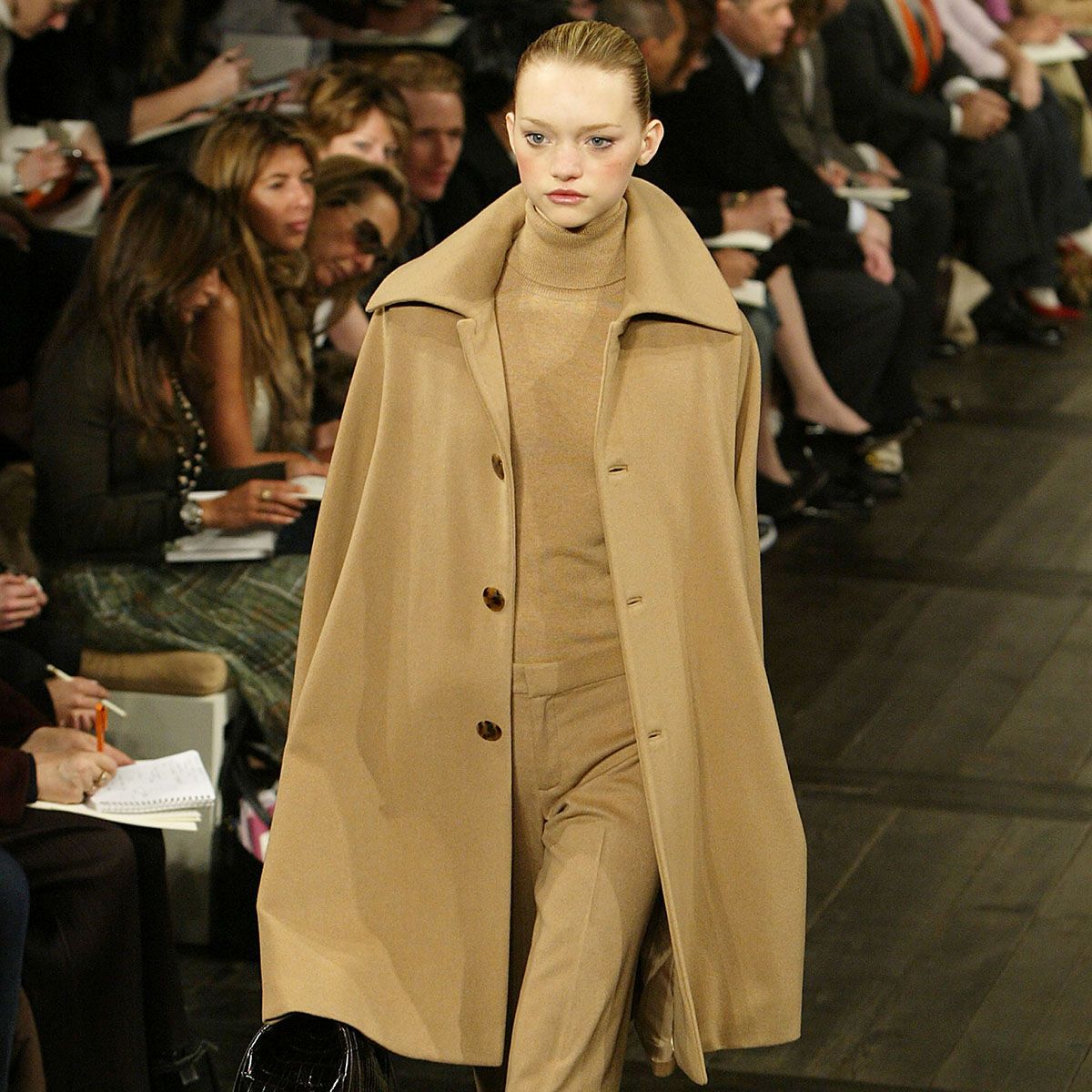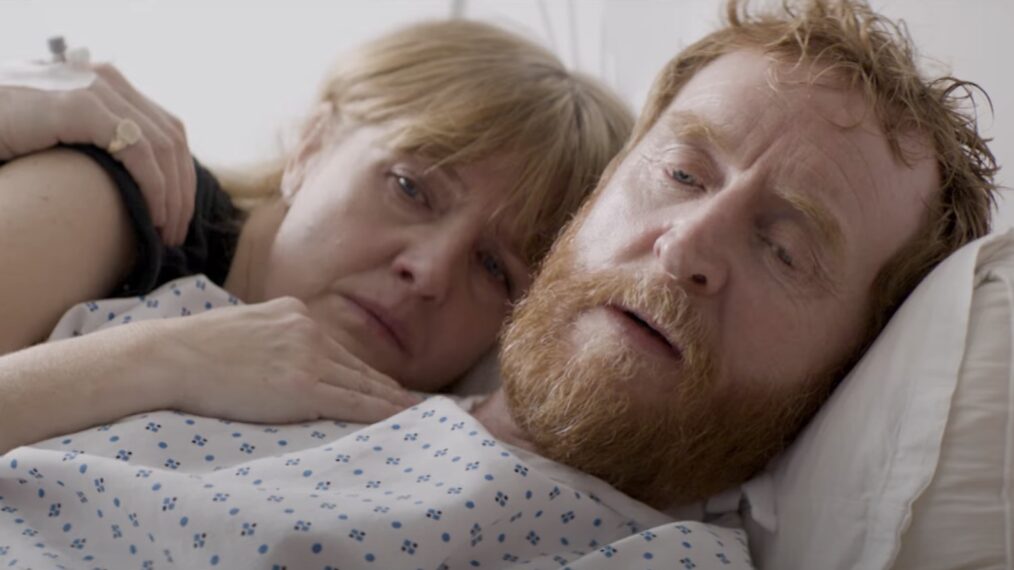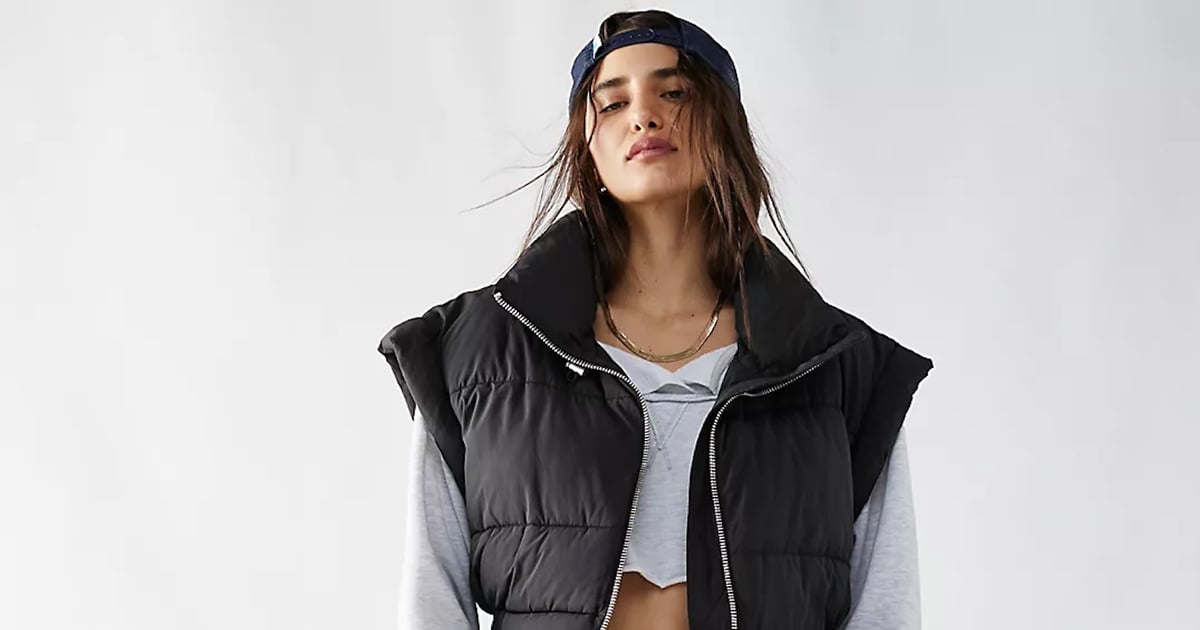The ‘Big Brother’ winner and former Miss Michigan USA celebrates the duality of wearing both natural curls and pressed hair.
This is Texture Talk, our long-running column that deep dives into the dynamic world of curly hair, from crowns of curls that are free flowing to strands that are tucked away in a protective style.
“Am I accepting my Blackness more if I wear my hair curly?” Taylor Hale ponders over the phone. “Am I rejecting my Blackness if I press my hair?” These are the burning and poignant questions about identity that have long circulated within the textured-hair community and that the former pageant queen — and the first Black woman to win on Big Brother — has grappled with since she was young.
“It’s not that I was ever embarrassed about or ashamed of my hair throughout my childhood,” says Hale, “but I learned very early on that it required more care and maintenance than other hair types.” For many Black women, this realization is the first step in a hair journey that can take years to navigate. Most of us can pinpoint the precise moment when we first became aware of our textured hair and how it differed from other hair types. For Hale, these moments of awareness happened throughout her childhood, as she played with straight-haired dolls and at pool parties, when her hot-combed coils instantly reverted to their curly state upon contact with water. From a young age, Hale routinely had her hair — a varied cascade of type 3C and 4C spirals — pressed and curled at salon visits. Her regimen didn’t require chemicals, relaxers or over-manipulation — just time and consistency. Above all else, Hale feels that hair should provide comfort and ease. It’s why, this year, she swapped her signature pageant queen blowout for a blunt face-framing bob. “I’m very, very happy with this cut,” she says. “It kind of feels like a dare, to really have to look at my own face.”
“I want people to know that I still value and understand what it means to be a Black woman wearing curly hair.
Michigan-born Hale trained for beauty pageantry in Washington, D.C. — an experience she refers to as “incredibly Black.” She reminds me that Washington earned the moniker “Chocolate City” during the 1950s, when it became the United States’s first majority-Black large city. (This remained unchanged until 2020, when census data showed that people identifying as Black had become Washington’s second-largest demographic.) “When you enter a pageant, it reflects the demographics of the state or the district,” she says. The two consecutive reigning Miss D.C. representatives when Hale first started to train were both Black women, but on a more global stage, that certainly hadn’t been the case. “Pageantry as a whole is a very white industry,” says Hale. So, in 2019, a milestone year for the industry, when all five major pageant titles (Miss America, Miss USA, Miss Teen USA, Miss World and Miss Universe) were held by Black women, she says the world was finally able to see what had already been proven possible for her in D.C.

Hale navigated the pageant space with the same press and curl hairstyle she’d long worn, experimenting with the addition of volumizing clip-ins. “It’s funny — even in the pageant space, Black women lean on other Black women to learn which products to use and which hair salons we should go to,” says Hale. “It’s this network of women who tell you who you can trust.” In the following years, during major moments — like being crowned Miss Michigan USA in 2021 and becoming the first Black woman to win on Big Brother in 2022 — her signature blowout was met with some pushback. “I got messages all the time saying ‘You need to embrace your curls and stop pushing us away!’ or ‘Stop trying to feed into the white gaze!’” says Hale. “But I’m not rejecting Black womanhood by not having my hair in its curly state all the time.” While a blowout might be her go-to style, Hale has worn her hair curly throughout different points in her life, like during the pandemic, which she used as an opportunity to give her hair a break from heat tools. “I want people to know that I still value and understand what it means to be a Black woman wearing curly hair. My hair being pressed doesn’t mean that I am running away from or not acknowledging that experience.” Hale insists that her self-assuredness when it comes to her hair is, after all, a product of deep self-love and acceptance. “I always love my hair, in all its forms.”
This article first appeared in FASHION’s November 2023 issue. Find out more here.


























































![Mason Ramsey – Twang [Official Music Video] Mason Ramsey – Twang [Official Music Video]](https://i.ytimg.com/vi/xwe8F_AhLY0/maxresdefault.jpg)



















